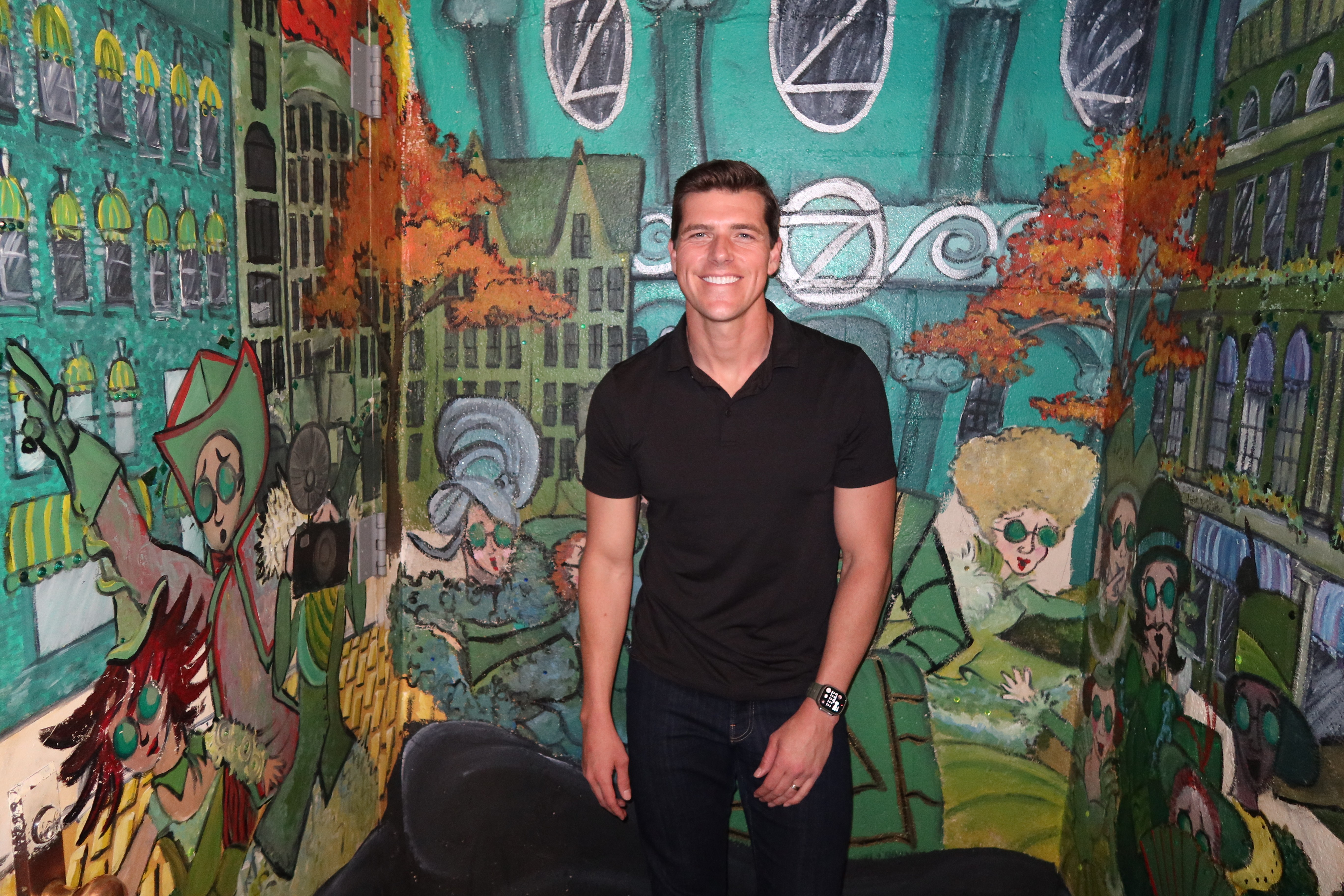Inside the 4:30 AM Routine of a New York Neurosurgeon Who Wins His Day Before Sunrise
Dr. Randy D’Amico starts his mornings before the city wakes up — and what he does with those hours might change how you think about discipline.
By
Josh Felgoise
May 30, 2025
What Waking Up at 4:30 AM Taught a Neurosurgeon About Focus and Freedom











